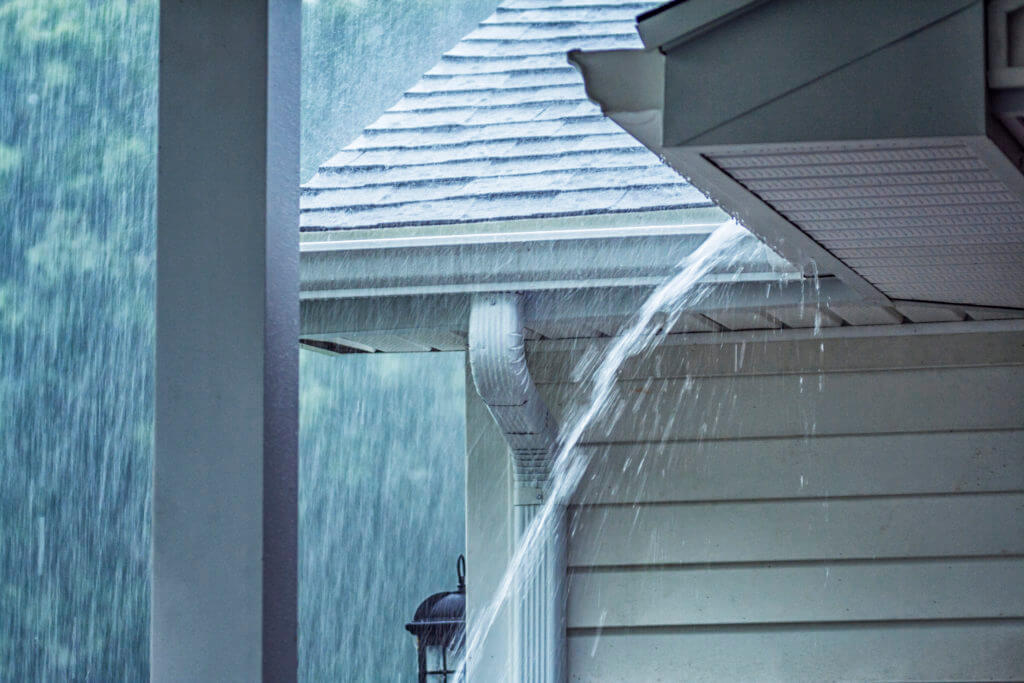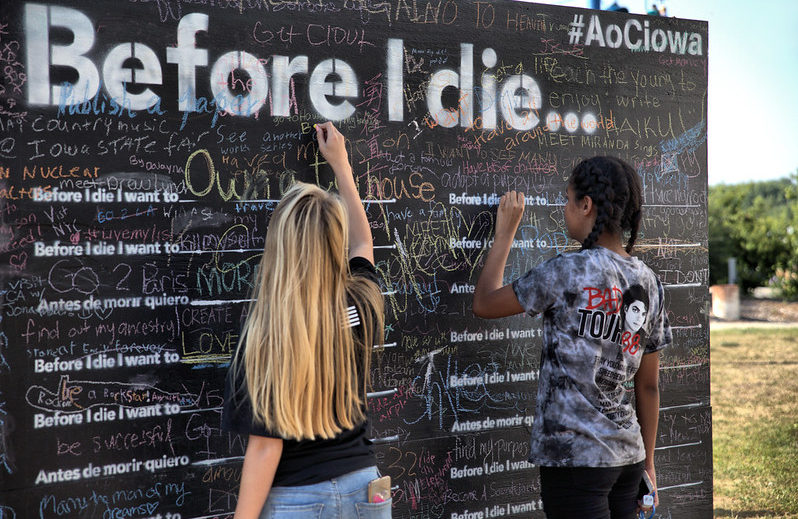Natural disasters seem to be popping up everywhere. Are you prepared for an emergency? You know about having a first aid kit, but there are way more things you need to be thinking about and preparing for in case a disaster hits your hometown. Whether it be a flash flood, earthquake, or tornado, these tips are helpful to know for everyone.
Emergency Skills
Do you know CPR? It can save the life of a loved one or a neighbor. I suggest getting certified in CPR and first aid from your local American Red Cross. Get trained by an expert from one of the 550 locations across the United States. This one decision could be the choice of not helping save a life of your best friend or brother.
Once you know how to preform CPR, try your hand at more first aid skills. Educate yourself on how to put together a makeshift sling for possible arm injuries. Before, during, or even after a natural disaster, you make encounter someone who has gone into shock. Knowing the signs can help you treat someone fast. If you’re not a doctor, consider learning how to treat shock.
If you are ever in the situation where your car has been submerged in water or you entered a flooded road and it is too late to open your door to escape, do not panic. Try to remain as calm as possible. Remove your seatbelt and immediately roll your windows down as fast as you can and get out. If you have children in the car, get them out first.
Taking Care of Your Home
Once that is taken care of, don’t forget about taking care of your home. If you live in a high risk area for a specific natural disaster you should consider getting insurance for your house. Hurricane flooding and earthquakes are not typically covered, but there are other policies offered that will help you rather than hurt you when it comes to keeping your house insured.
If you know that you are moving to a location that has been hit by a devastating storm in the past and is likely to happen again, try looking into buying or building a disaster-resistant homes to live in. What can withstand the elements? Concrete, for one. It holds itself up against wind and thrives in floods since it can’t be damaged by it. When it doubt, concrete.
Have a Plan
A couple things to think about when making a plan. First of all, where will you be getting your emergency warnings and updates? Stay up to date by watching The Weather Channel on your television, reading their website, or getting texts to your phone about the impending storm. If you lose power and have no internet connection, having a battery powered radio will be your best friend.
Next, if you get evacuated from your home, know where to go and have enough gas in your car. Visit your towns local news website to know more information. What is your family’s communication plan? Be prepared by having an emergency contact list available.
Don’t forget to look after your pets during times like these. There are plenty of pet friendly hotels out there. Having extra food packed for them is essential. If you cannot afford to take care of your pet, do not leave them behind. You can ask your neighbors to help you out or visit your local shelter to know their plans for the upcoming weather.
You can head over to Red Cross, The Weather Channel, and even your local news for more information about volunteering, the weather, and how to stay safe.
(Feature Photo by Alexander Andrews)








